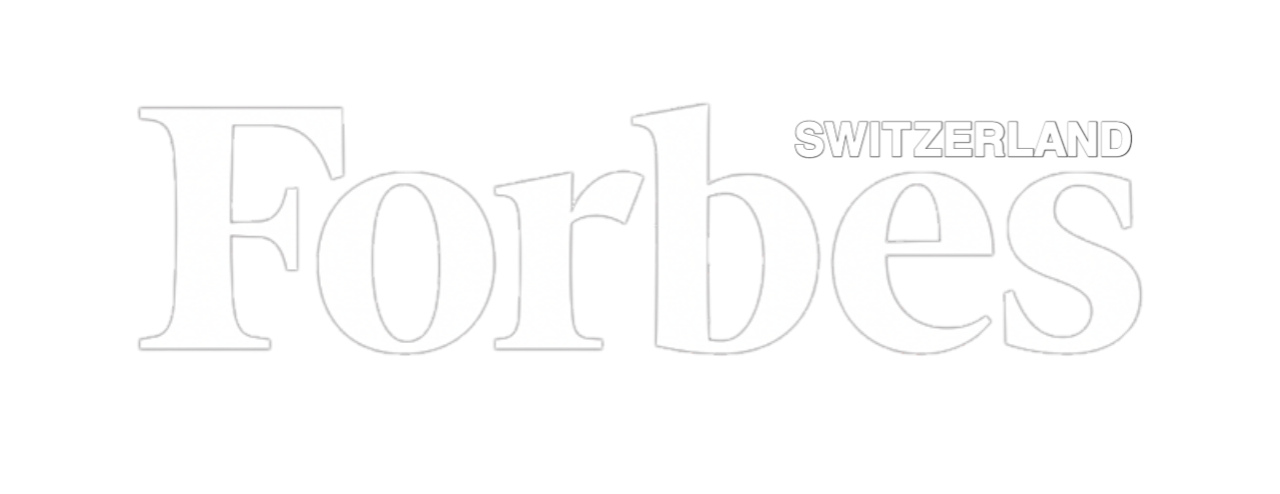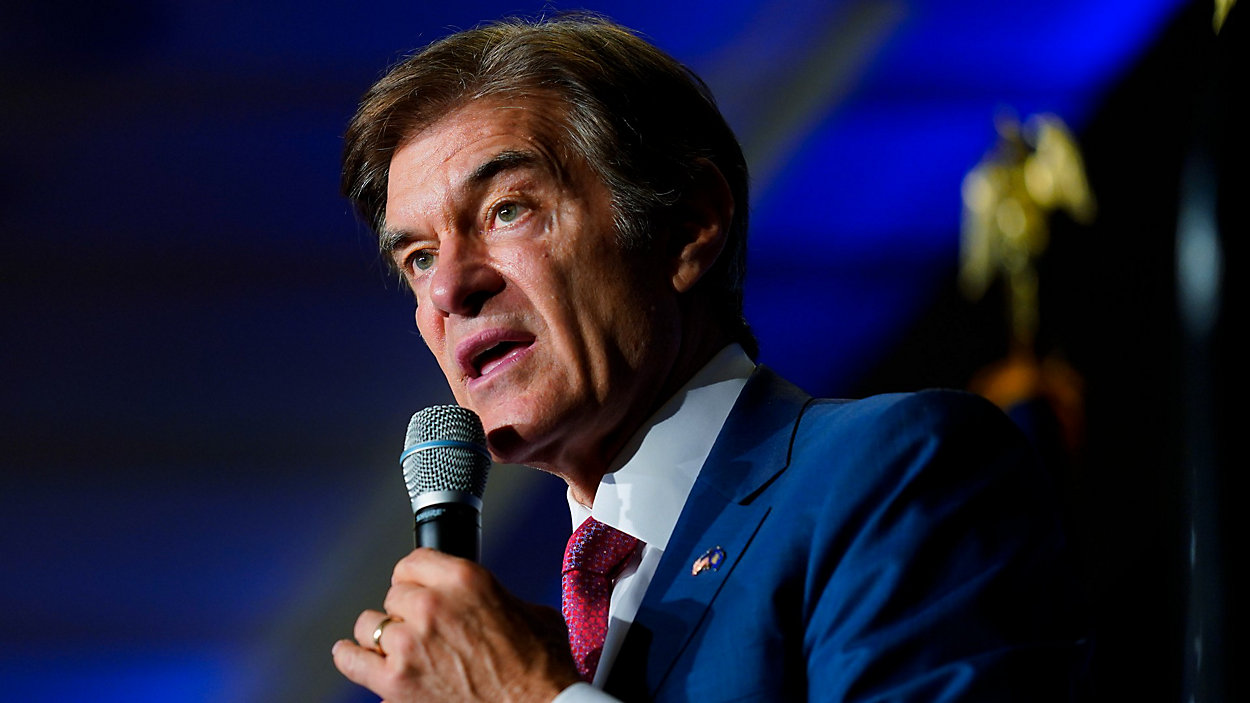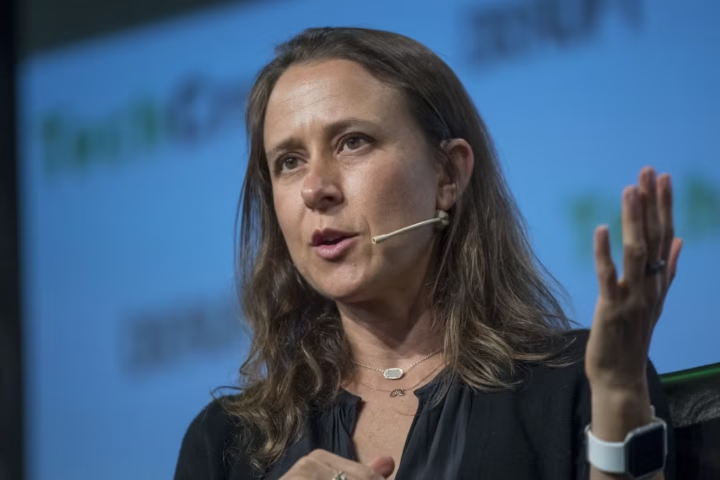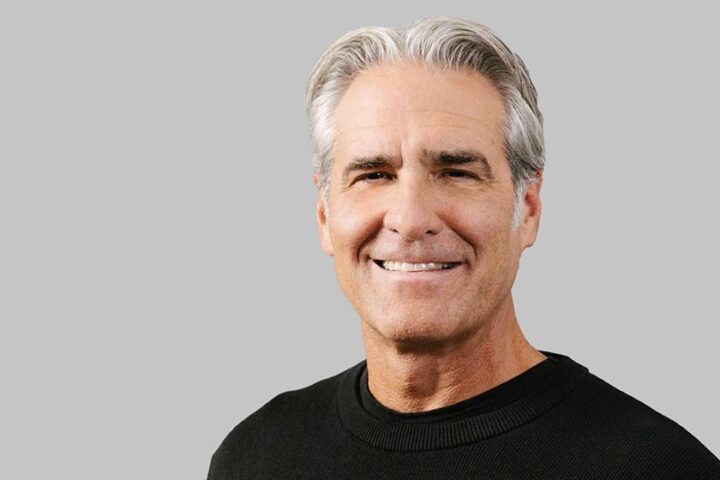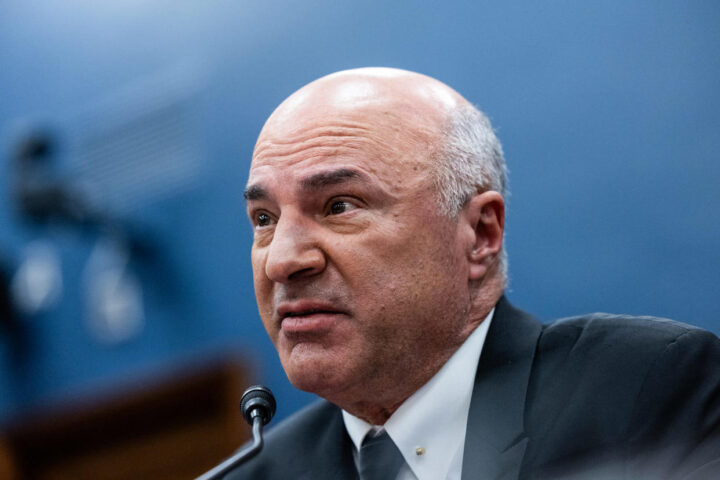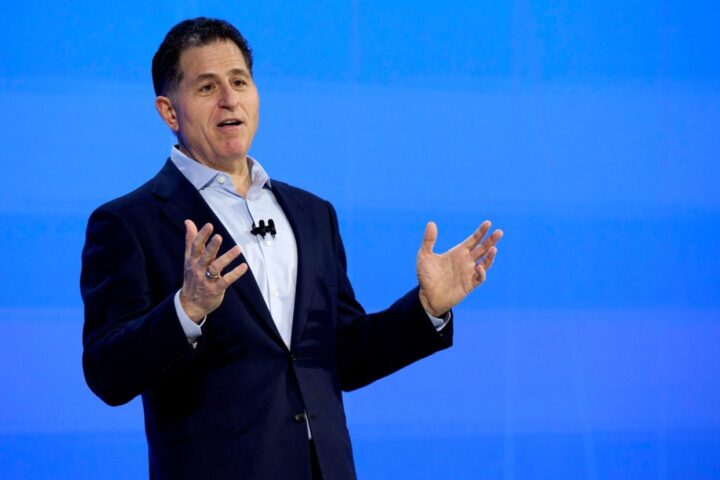Dr. Mehmet Oz, the celebrity doctor and former U.S. Senate candidate, has come under scrutiny following revelations about his multimillion-dollar investments in the healthcare sector. These holdings have sparked concerns about potential conflicts of interest, particularly regarding policies affecting Medicare and Medicaid, two of the nation’s largest public health programs.
The Investment Portfolio
Recent disclosures show that Dr. Oz held investments in various healthcare companies, including firms involved in pharmaceuticals, medical technology, and healthcare services. These investments, reportedly worth millions of dollars, have raised questions about how his financial interests might influence his stance on healthcare policies.
Critics argue that owning substantial stakes in companies that profit from healthcare could lead to biased decision-making, particularly if Oz were to assume a policymaking role. Some of these companies have contracts with Medicare and Medicaid or stand to benefit from changes in these programs’ funding and regulation.
Potential Conflicts of Interest
Medicare and Medicaid are federally funded programs that serve millions of Americans, primarily low-income individuals, seniors, and those with disabilities. Decisions about reimbursement rates, coverage policies, and drug pricing can have significant financial implications for healthcare companies.
Ethics experts have pointed out that investments like those held by Dr. Oz could create conflicts of interest, even if unintentional. If policymakers have a financial stake in industries affected by their decisions, public trust in impartial governance could be undermined.
“Transparency is essential,” said Dr. Robert Melnick, a professor of healthcare ethics. “Holding investments in the very sector one might regulate raises legitimate concerns about whether decisions are being made in the public’s best interest.”
Oz’s Response
Dr. Oz, a cardiothoracic surgeon and long-time host of The Dr. Oz Show, has defended his financial portfolio. In statements to the media, he emphasized that his investments were managed by financial advisors and conducted through blind trusts to avoid direct involvement in specific holdings.
Oz also stated his commitment to healthcare reform and expressed his belief that his medical background allows him to understand the complexities of the system better than most policymakers.
“I’ve spent my career advocating for better healthcare outcomes for patients,” Oz said. “Any investments I’ve made were done with integrity and in compliance with all regulations.”
Public and Political Reaction
The revelations have drawn criticism from political opponents and watchdog groups. Advocacy organizations are calling for greater transparency and urging stricter regulations on financial disclosures for individuals in public service.
Meanwhile, some supporters argue that Oz’s financial success and expertise in the healthcare sector uniquely qualify him to address the challenges facing Medicare and Medicaid.
Ethics in Public Service
This incident highlights a broader issue regarding conflicts of interest among public figures with substantial private wealth. While blind trusts and financial disclosures aim to mitigate these concerns, they often fall short of eliminating perceived conflicts.
As the debate continues, many are calling for reforms to strengthen accountability and ensure that public health policies prioritize patient well-being over corporate profits.
What’s Next?
The scrutiny over Dr. Oz’s investments adds another layer of complexity to his already high-profile career. Whether this will impact his future political ambitions or public influence remains to be seen.
For now, the case serves as a reminder of the delicate balance between private wealth and public service—and the need for vigilance in maintaining that balance.

